ASU Institute of Physics & Mathematics implements interdisciplinary projects
 22.06.2019
22.06.2019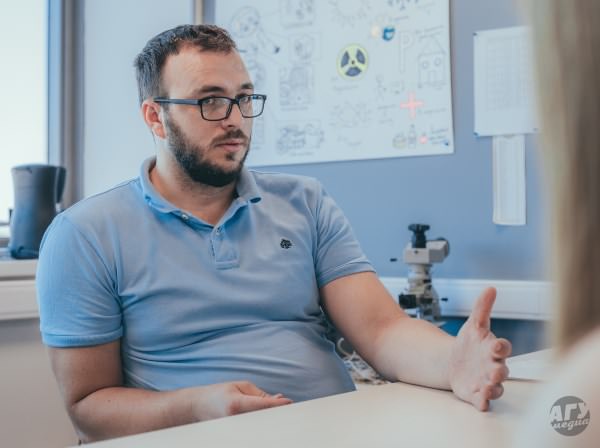
Director of the Institute of Physics & Mathematics, Associate Professor of the Department of Electrical Engineering, Electronics & Automatics of ASU Aleksey Rybakov spoke about the leading scientific areas, work results and development prospects of the research unit headed by him.
At present, the Institute of Physics & Mathematics of Astrakhan State University is solving a set of specific problems associated with the integration of areas of different nature, such as robotics and agriculture. The resulting complex areas will improve the systematization of the educational process and broaden development prospects for scientific projects. For instance, now we highlight common research interests in material science and welding technology, electrical engineering, electronics and automatics, physics and mathematical modeling. These are areas related to the development of sensors and transparent conductive electrodes. Another interesting area is the study of memristors and prospects of their application.
Joint work in the described area is carried out with the Scientific and Educational Center for Functional Magnetic Materials under the leadership of Vladimir Karpasyuk, the laboratory Research Laboratory “Mathematical Modeling & ICT in Science & Education” headed by Yuri Tarasevich and the Center of Viable Technologies in Electronics & Robotics under the leadership of Ivan Mikhailov.
One of the key areas for the research department is agro-mechatronics. Here the Institute participates in projects under the Erasmus programme, is working together with Ravil Arykbaev, the Dean of the Faculty of Agribusiness, Technologies, & Veterinary Medicine, on the use of drones — unmanned aerial vehicles for agriculture, mobile robots for work in greenhouses, sensors, computer vision systems to analyse the state of plants.
“We plan to actively develop this research area. Now there is a global issue of providing food to a constantly growing population. It is necessary to increase agricultural production, but it is extremely difficult because of a number of problems: plant diseases, limited areas. We are developing a plan that allows to place more seeds on small areas of the surface, in parallel, we are addressing the problem of preventing diseases of these plants without the use of chemicals. And here robotics are actively facilitating our work: the development of multi-level greenhouse, improvement of technology hydroponics, aeroponics, as well as joint cultivation of fish and plants are underway — their coexistence can be mutually beneficial,” — said Aleksey Rybakov.
ASU Institute of Physics & Mathematics, as noted by its Director, also participates in the development of projects together with fellow humanities researchers, in particular, it cooperates with the Institute of Southern Russia & Northern Caspian Region Issues Research, headed by Anna Romanova. The research team is planning to develop various automated tools and software for text, speech and language analysis, create translation tools based on special algorithms, and recognize images inside text. Preliminary results in this area are already available: automated analysis of threat discourse in the text, analysis of religious orientation of the text, search for hidden meaning in the text, automated search for threats in news texts are carried out.
The Institute’s another global work area is associated with fundamental problems of neural network research, analysis of physical networks and social networks as a mathematical object. These projects are implemented by the staff of the laboratory “Mathematical Modeling & ICT in Science & Education”, Department of Information Technologies and Department of Mathematics & Mathematics Teaching Technique.
One of the Institute’s important goals, according to Aleksey Rybakov, is to expand the subscription to leading European scientific publications in order to motivate researchers to write more articles. In this context, the Institute has organized additional English language courses for the University teaching staff.
“In Russia in scientific circles there is a struggle to improve quality and citation rate of university scientific works. To achieve this, the articles must meet several requirements, such as it being an English language text to ensure its readability worldwide, the high scientific level of the author, as well as the author’s passing the peer review process”, — stressed the Director of the Institute.
(2).jpg) Increasing the level of scientific publications will improve the technical equipment of the Institute. Cooperation with partner universities has led to ASU Institute of Physics & Mathematics receiving funding for the purchase of equipment under the Erasmus + FARmER programme, purchase of a robot for students’ practical work, equipment for “information technology” training programme under the Erasmus MAGnUS programme.
Increasing the level of scientific publications will improve the technical equipment of the Institute. Cooperation with partner universities has led to ASU Institute of Physics & Mathematics receiving funding for the purchase of equipment under the Erasmus + FARmER programme, purchase of a robot for students’ practical work, equipment for “information technology” training programme under the Erasmus MAGnUS programme.
Aleksey Rybakov notes that the Institute plans to increase the number of internships of teachers in international programmes, to implement master’s programmes in English, to conduct joint research and have scientific collaborations with such partner universities as the University of Valenciennes (France), Polytechnic University of Bari (Italy); University of Nice Sophia-Antipolis (France), Aix-Marseille Technical University of Provence (France). Right now, the Institute is actively conducting joint activities with the Babol Noshirvani University of Technology in the Iranian city of Babol and Gujarat University (Gujarat state) in India.
“Despite the fact that the Institute is a research unit and we have researchers, the Institute won’t be able to fully realize its potential without cooperation with departments and the participation of students in our projects,” — said Aleksey Rybakov in conclusion of the conversation.
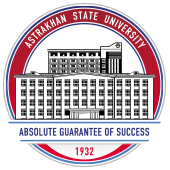

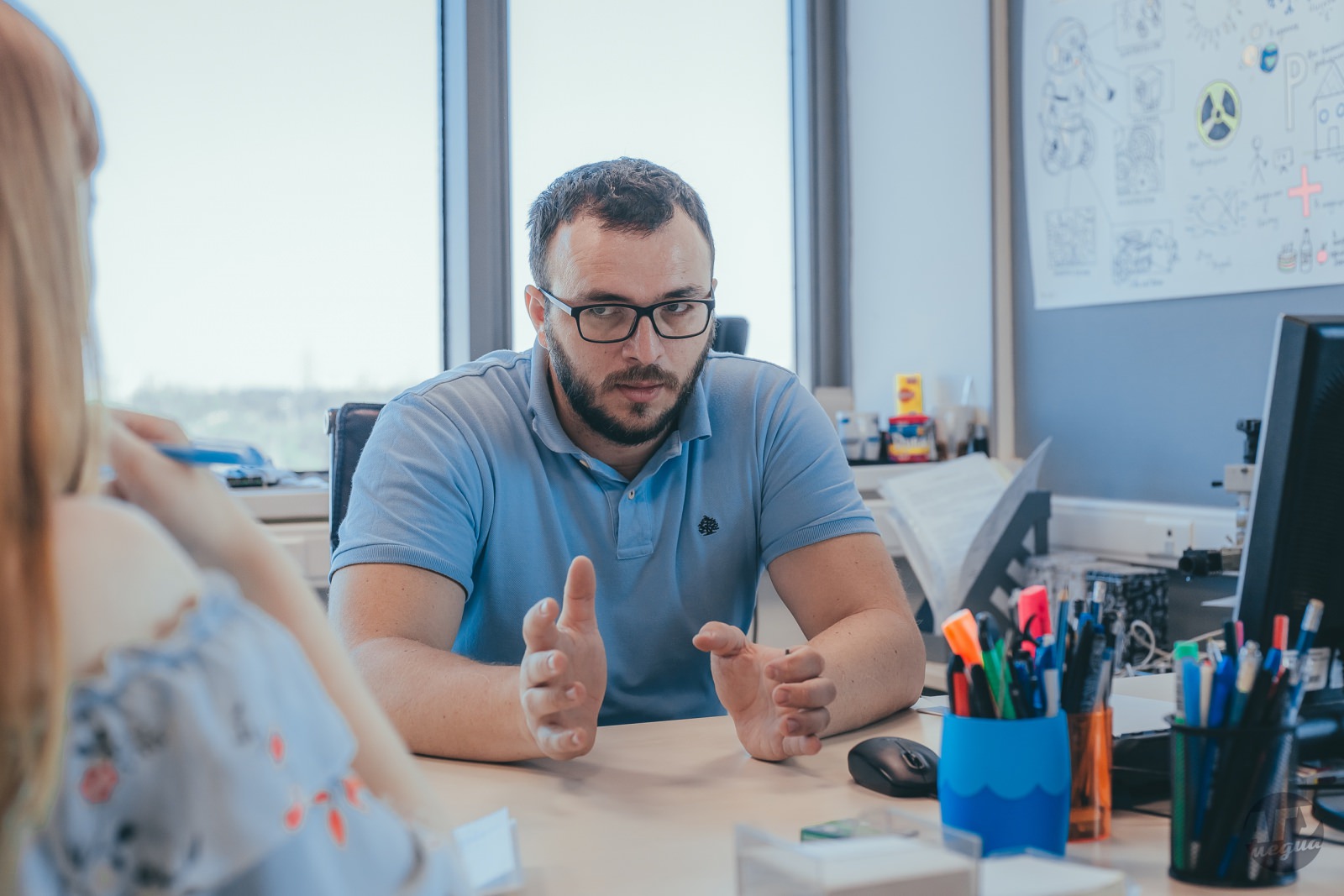
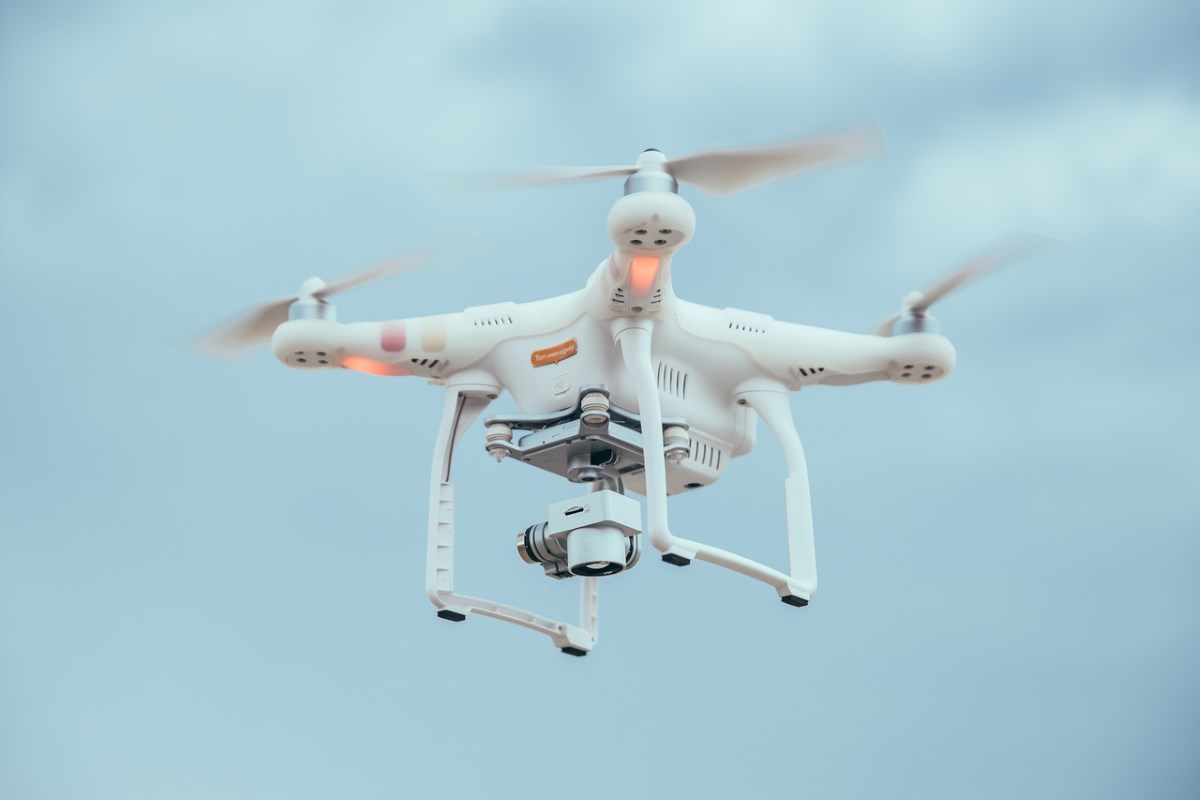
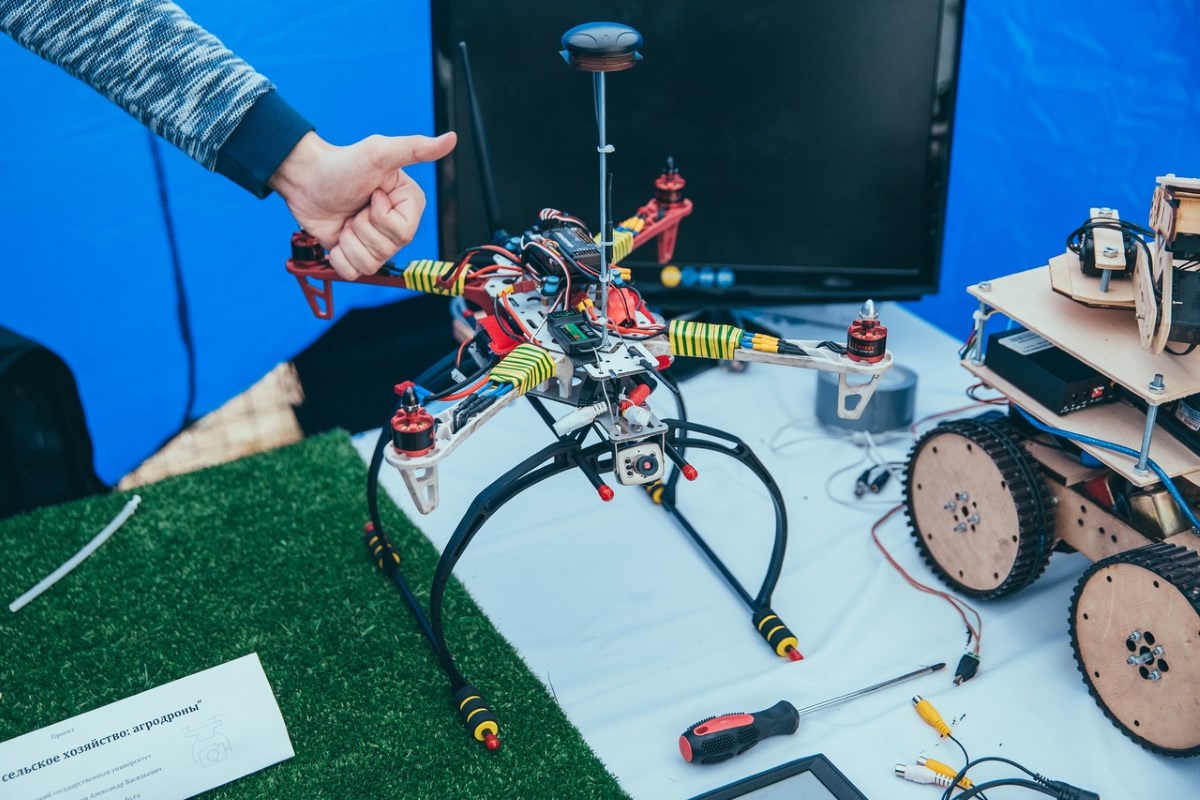
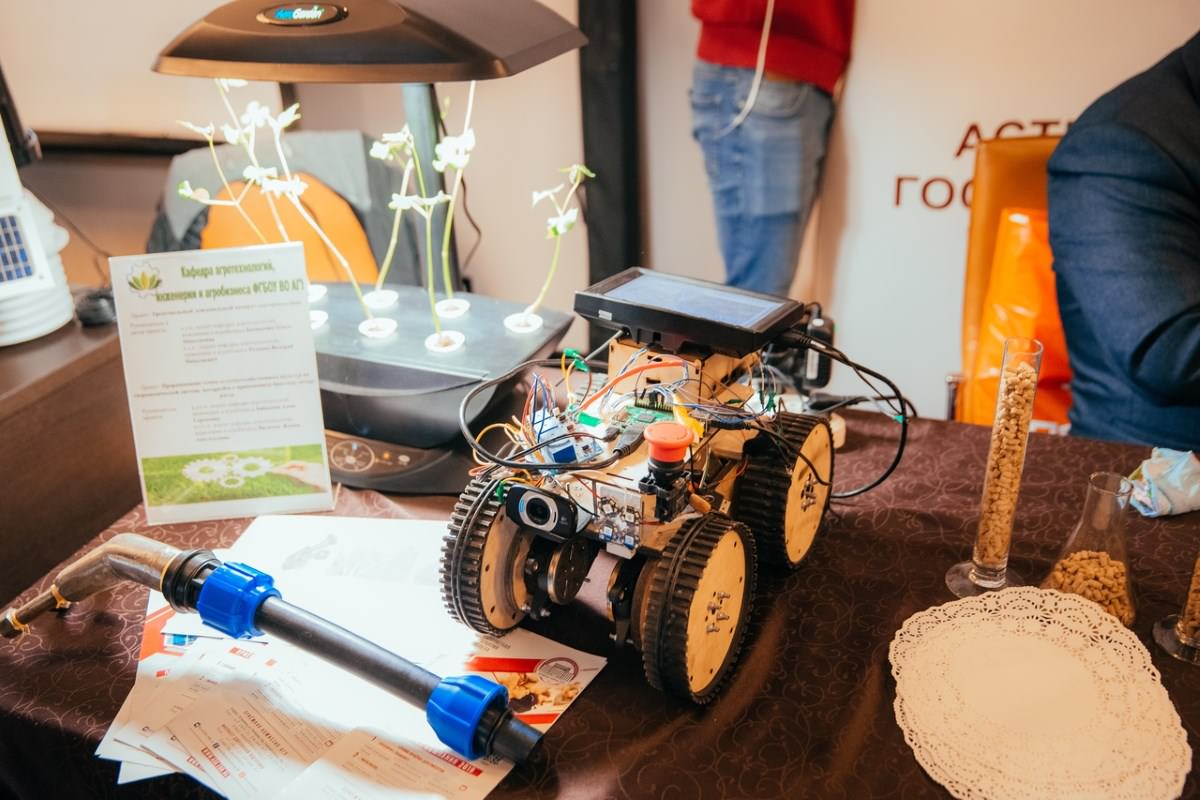
.jpg)
